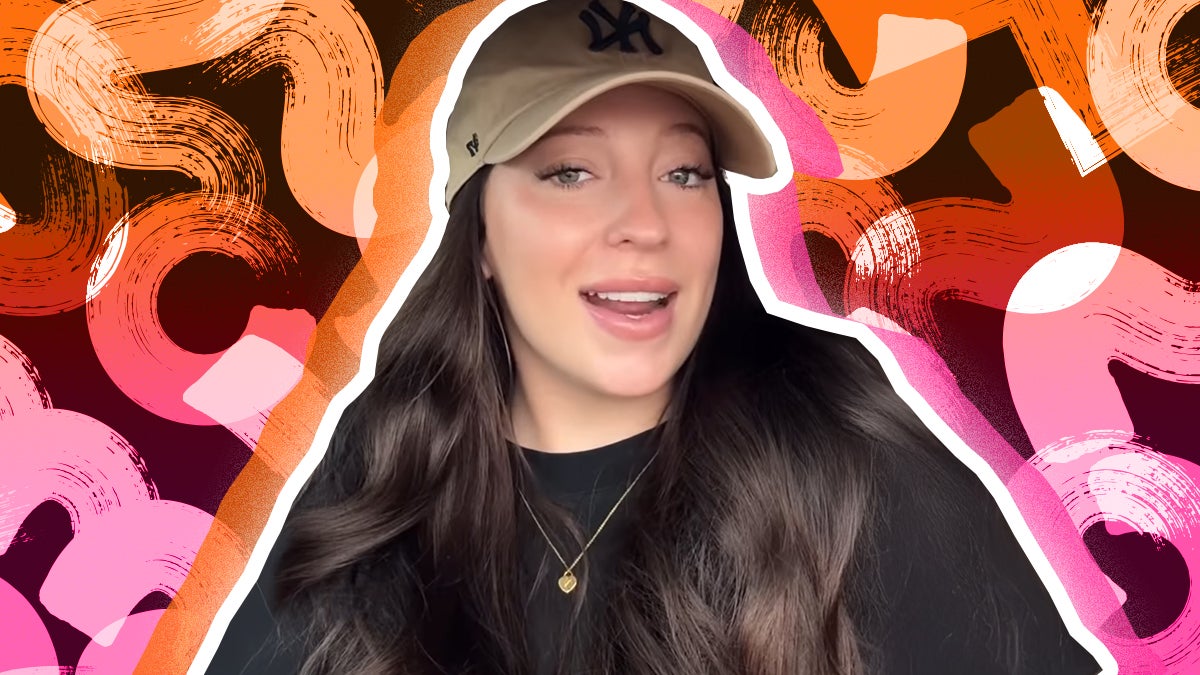
2024 was all about minimalism. Living rooms have become awash in fifty shades of beige, while smokey eyes and heavy-duty contouring have been replaced with barely-there aesthetics like the “clean girl” look.
One of the biggest advocates of this trend is influencer Sydney Nicole Gifford, a 24-year-old with 300,000 followers on Instagram, and reportedly 600,000 followers on TikTok. She keeps it simple with creams, beiges, and browns, both in terms of outfits and home decor.
But what seems to be a direct contradiction to the essence of minimalism, Gifford’s platform is all about consumption. Her entire niche consists of Amazon shopping hauls, through which she makes money via affiliate links.
While Gifford isn’t the only Amazon influencer, she claims her specific clean girl ‘vibe’ is hers alone. 21-year-old creator Alyssa Sheil seems to disagree.
The vibe lawsuit explained
“It was brought to my attention by someone who saw [Sheil’s] post on their For You page, thought that it was my post, and then saw that the account name wasn’t my name,” Gifford said in an interview with The Verge.
For the lawsuit, which was filed under the Digital Millennium Copyright Act (DMCA), Gifford’s lawyers submitted 70 pages of screenshots as evidence of this ‘theft.’ The document includes numerous side-by-side comparisons. One shows Sheil wearing the same top as Gifford; another shows the exact same piece of furniture in both their houses.
As part of the suit, Gifford is seeking $30,000 and $150,000 as compensation for “mental distress” and lost Amazon sales commission.
“I think there aren’t enough clear boundaries in the influencer industry, and unfortunately, a lot of people don’t treat this as a business, which is why I’m having to file a lawsuit to protect my work and my brand,” Gifford added to The Verge.
Can you ‘own’ a vibe?
However, Sheil’s lawyers argue that these similarities are just the way the creator economy is. “When a store asks multiple influencers to promote it, it’s not surprising that some posts may look the same,” Jason McManis, one of Sheil’s attorneys, told Bloomberg Law.
While McManis claims that Sheil’s posts don’t constitute copyright infringement, it seems likely that this court case could set a very important precedent for creators.
“In general, copyright doesn’t protect style or a ‘vibe’,” Rebecca Tushnet, a Harvard Law School professor, said to The Guardian. That being said, she added that it was “possible that two specific images or videos could be so similar that one could infringe the other, but it would have to be a case-by-case determination.”
So, what’s in a vibe? It appears we’ll have a legal definiton soon enough.




